Hotel Phone Systems Guide: Features & Tips for 2026
A hotel phone system connects guests, staff, and departments through in-room extensions, front desk lines, and external calls. It anchors daily communication across a property—supporting wake-up calls, housekeeping coordination, guest inquiries, and emergency response. When it works well, guests feel cared for and staff work efficiently.
Hotels can choose between cloud-based, hybrid, or on-premise systems. Cloud solutions offer flexibility and remote management. Hybrid models combine modern Voice over Internet Protocol (VoIP) features with existing Private Branch Exchange (PBX) hardware for gradual upgrades. On-premise setups—which are still prevalent—require more upkeep and limit scalability. The right model depends on your property’s size, IT capacity, and long-term goals.
This guide explains why and when hotels upgrade, details key features and providers to consider, and outlines the steps to a smooth migration. You’ll also learn how leading hospitality communication platforms deliver the reliability and scale needed to support and deliver five-star service.
Key takeaways
- Modern hotel phone systems integrate with property management systems (PMS) and customer relationship management (CRM) tools to automate routine tasks and elevate the guest experience.
- Legacy PBX systems incur increased maintenance costs, limit flexibility, and create integration gaps that slow down daily hotel operations.
- A phased, well-planned upgrade that combines network readiness, redundancy, and selective hardware reuse minimizes risk and downtime.
- Partnering with a global, compliance-ready provider like AVOXI is essential for consistent performance and scalability across all properties.
Top 9 hotel phone systems compared
Here’s how leading hospitality phone systems stack up across essential features:
| AVOXI | Integrates with major PMS platforms and enterprise CRMs | Includes centralized global routing with customizable call flows | Supported through PMS or integrations | Scales globally with instant number provisioning in 150+ countries |
| Zoom | Integrates with business apps, not hospitality PMS | Advanced routing via Zoom Phone | Not available natively | Cloud-based scaling for multi-location enterprises |
| Nextiva | Connects with CRMs, limited hotel PMS support | Strong call routing and auto attendants | Not available natively | Scales easily across properties through cloud setup |
| Vonage | General CRM integrations, no dedicated hotel PMS | Customizable routing and queues | Not included by default | Cloud scalability across multiple sites |
| 3CX | Includes hotel module compatible with PMS platforms (e.g., Opera, Fidelio) | PBX-grade routing | Built-in hotel wake-up feature | Cloud or on-prem scaling across properties |
| Mitel | Integrates with major hospitality PMS solutions | Enterprise-level call control | Available through hotel suite integration | Supports large-scale deployments with centralized management |
| NEC | Supports popular PMS like Opera and Protel | Full PBX routing | Integrated wake-up scheduler | Centralized control across multi-property setups |
| PhoneSuite | Purpose-built for hotels with PMS connectivity | Tailored hotel call management | Native wake-up call module | Scales from single to multi-property setups |
| ClearlyIP | Integrates with ComXchange PMS workflows | Advanced routing tools | Wake-up functionality included | Cloud scalability with unified property management |
9 best hotel phone system providers
The best hotel phone systems balance reliability, scalability, and guest experience. The following providers represent a mix of cloud and hybrid options trusted throughout the hospitality industry:
1. AVOXI
AVOXI offers a cloud-based global voice platform optimized for hotels operating across multiple regions. It delivers enterprise-grade voice quality, centralized number management, and flexible integration options. With coverage in more than 150 countries, AVOXI simplifies vendor consolidation and provides a consistent communication experience across all properties.
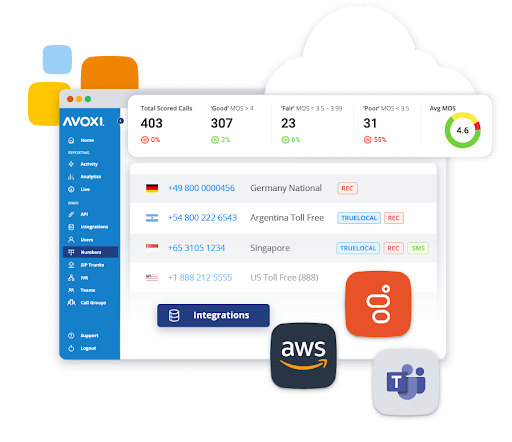
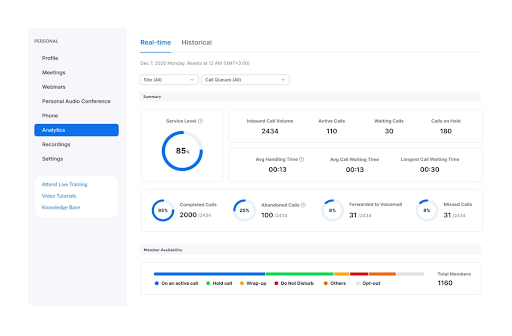
Key features:
- Unified communications: Combine voice, video, and messaging to improve internal staff coordination.
- Call queues and routing: Efficiently manage incoming calls to maintain front desk responsiveness and timely service.
- Multi-level Interactive Voice Response (IVR): Create automated attendants with customizable menus to route guest calls quickly and accurately.
Pros:
- Works well for hotels already integrated into the Zoom ecosystem (Meetings or Rooms)
- Integrates with multiple CRM and productivity tools
Cons:
- Lacks specialized hospitality features like wake-up calls
- Requires additional licensing for full-scale deployment
3. Nextiva
Nextiva provides a reliable VoIP solution known for its strong uptime and intuitive admin controls. It helps hotels streamline communications while improving responsiveness between departments and guests.
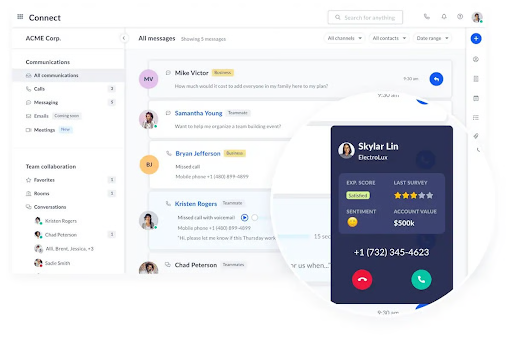
Key features:
- Advanced call routing: Direct calls to available staff or departments.
- Conversational AI assistant: Deploy an AI-powered virtual agent to handle routine guest requests, such as booking reservations or processing payments.
- CRM integration: Sync guest data for personalized service and efficient follow-ups.
Pros:
- Delivers consistent call quality and reliability
- Offers unified communication tools for hotel staff and management
Cons:
- Limited PMS integration
- Lacks native guest-service features like automated wake-up calls
4. Vonage
Vonage Business Communications offers cloud-hosted telephony suitable for both small hotels and global chains. Its flexible APIs and unified platform make it a strong fit for properties seeking scalability and customization.
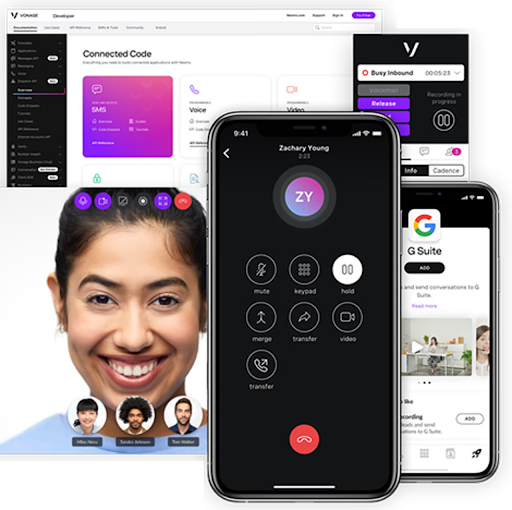
Key features:
- APIs and integrations: Leverage APIs to build custom applications that connect PMS, CRM, and booking systems.
- Call recording and monitoring: Record conversations to ensure service quality and compliance.
- Mobile access: Enable staff to manage calls from smartphones or tablets.
Pros:
- Supports mobile and remote workforce communication
- Offers robust developer tools for integration
Cons:
- Requires technical setup for advanced customizations
- May offer more flexibility than smaller hotels require
5. 3CX
3CX is a software-based PBX that runs on-premises or in the cloud. It provides cost-effective communication for hotels that want to retain control of their infrastructure while upgrading to VoIP capabilities.
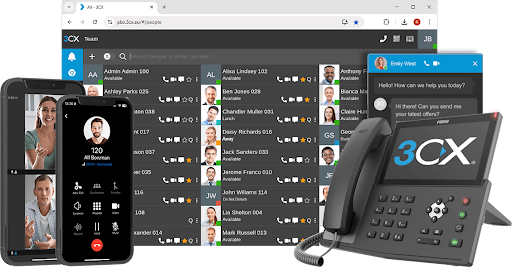
Key features:
- Flexible deployment: Choose on-premises or cloud installation to fit existing IT strategy.
- Hotel module: Manage guest services (wake-up calls, room extensions) and housekeeping updates.
- Web client and mobile app: Handle calls and messages from any device.
Pros:
- Provides full PBX control with flexible hosting options
- Includes essential hospitality modules at no extra cost
Cons:
- Requires more IT oversight than hosted solutions
- Interface can feel technical for non-IT users
6. Mitel
Mitel brings decades of experience in hospitality telephony. Its solutions combine on-premises reliability with hybrid cloud flexibility, serving large hotel chains and resorts worldwide.
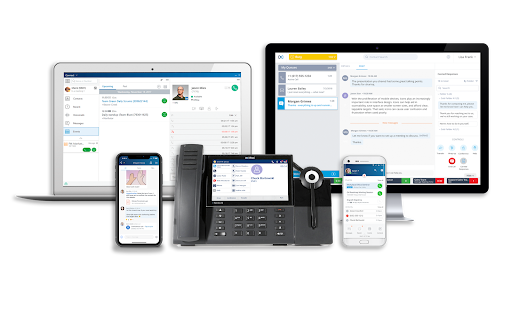
Key features:
- Hybrid architecture: Blend existing PBX systems with cloud applications for gradual modernization.
- PMS integration: Sync with leading hospitality platforms to automate routine guest interactions.
- Contact center capabilities: Route calls intelligently to improve service speed and accuracy.
Pros:
- Supports large-scale deployments across multiple properties
- Provides a clear upgrade path from legacy PBX systems
Cons:
- Implementation can take longer for complex hybrid environments
- Upgrades may require specialized technical support
7. NEC
NEC offers both on-premises and hybrid communication systems optimized for hospitality environments. Its long-standing reputation for hardware reliability makes it a preferred choice for hotels prioritizing stability and voice clarity.
Key features:
- PBX hardware integration: Combine legacy handsets with modern VoIP features.
- Centralized management: Administer multi-site phone systems through one dashboard.
- Failover support: Maintain service continuity during network outages or maintenance events.
Pros:
- Supports hybrid use with existing analog phones
- Backed by a global network of service partners
Cons:
- Less agile than newer cloud-native systems
- Requires hardware maintenance and periodic upgrades
8. PhoneSuite
PhoneSuite focuses exclusively on hospitality communications, blending classic hotel functions with modern VoIP technology. It caters to properties of all sizes with specialized modules for guest and staff communication.
Key features:
- Hospitality-focused design: Support wake-up calls, voicemail, and room status management.
- PMS integration: Connect easily with systems like Opera or Maestro.
- Web-based management: Configure and monitor systems from any browser.
Pros:
- Purpose-built for the hotel industry
- Easy for front-desk staff to operate
Cons:
- Limited scalability for large global hotel chains
- Interface feels dated compared to cloud-first competitors
9. ClearlyIP
ClearlyIP delivers modern, open-source-based VoIP systems with strong customization options. It’s a suitable choice for hotels that want flexibility and transparency in their communication infrastructure.
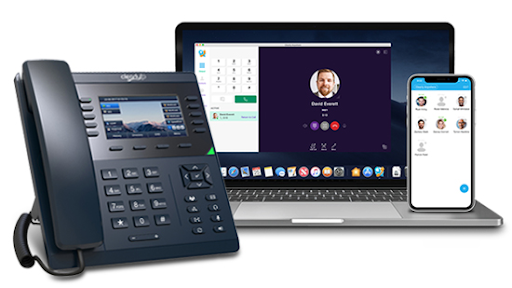
Key features:
- Open standards: Use SIP-based architecture to integrate with existing PBX or VoIP tools.
- Hotel module: Manage guest features, like wake-up calls and voicemail, directly from the dashboard.
- Web-based admin portal: Configure call routing and monitor system performance in real time.
Pros:
- Offers strong control and adaptability for IT teams
- Modern VoIP capabilities without vendor lock-in
Cons:
- Requires more technical expertise to manage
- May lack the advanced analytics found in enterprise-grade systems
What features should every hotel phone system have?
When comparing hotel phone services, it helps to look beyond brand names and price tags. The most effective platforms simplify operations, strengthen guest service, and scale easily as your portfolio expands.
PMS and property management integration
A hotel’s PMS handles everything from reservations to billing. When the phone system connects to it, daily tasks update automatically instead of relying on manual input. The front desk can check in a guest, assign a room extension, and post wake-up calls or room charges with one action.
In practice, PMS integration reduces errors and smooths coordination across departments. Common integrations—such as Micros Opera, Cloudbeds, and RoomRaccoon—enable the following:
- Real-time room status updates after housekeeping or maintenance calls
- Guest billing that reflects calls and minibar charges instantly
- Automated service events like wake-up calls or check-out notifications
Hotels using AVOXI benefit from extended integration that connects PMS with CRM and analytics systems, giving managers a single dashboard to view both guest activity and operational data.
Guest-facing features
Guests will remember how effortless communication felt. A dependable wake-up call or prompt response from room service can make or break their stay. Core functions, such as Do Not Disturb, room-to-room dialing, and wake-up scheduling, are central to attentive service and overall satisfaction.
And today’s travelers expect even more convenience. A report from Oracle Hospitality and Skift found 73% of guests prefer staying in hotels with self-service technology, including communication tools. They want quick, automated ways to contact staff or handle requests independently.
Modern systems build on these expectations by enhancing classic features with multilingual IVR menus, automated concierge tools, and mobile integration. Together, they make service more personal, reduce response times, and lighten staff workload.
Scalability and multi-property support
A hotel chain’s success depends on maintaining consistent communication across all its properties. Without scalable systems, every new location becomes another technical project.
Scalability means your IT team can manage numbers, routing, and analytics from a single location. Instead of installing new hotel PBXs or renegotiating carrier contracts, cloud-based platforms let you expand instantly across countries or brands.
AVOXI supports this growth with coverage in more than 150 countries, offering instant number provisioning and centralized control so hotel groups can unify communication under one provider.
Reliability, failover, and hybrid fallback options
Hotels rely on phones to ensure guest safety, coordinate staff, and respond to emergencies. Downtime isn’t just inconvenient—it’s a service and safety risk.
Failover mechanisms maintain service when a primary connection fails. Hybrid fallback setups, which combine cloud and on-premise links, ensure calls continue through Public Switched Telephone Network (PSTN) lines if the internet drops.
AVOXI’s distributed infrastructure, backed by multiple data centers, delivers always-on reliability, ensuring calls stay connected across all properties.
Voice quality monitoring and diagnostics
Call quality impacts guest perception. Static, lag, or dropped audio reflects poorly on the brand even if the service itself is excellent. Monitoring tools give your IT team visibility into voice performance before issues reach the front desk.
Effective monitoring capabilities include:
- MOS: Track overall call clarity and consistency.
- Jitter and latency reports: Identify where voice data is delayed or unevenly transmitted.
- Packet loss analysis: Detect signal drops that cause partial or missing audio.
- Real-time alerts: Notify IT staff when call quality dips below defined thresholds.
AVOXI’s Call Insights takes it a step further by transforming these metrics into visual dashboards and trend reports, helping hotels monitor quality across all properties instead of reacting to single-site complaints.
Deployment model: Cloud vs. hybrid vs. on-premise
Not every hotel has the same IT capacity or infrastructure. Cloud systems are well-suited for most hotels due to their scalability and ease of management. Hybrid models bridge existing PBXs with cloud flexibility, while full-on-premise setups serve large resorts that need in-house IT control.
Cloud remains the preferred choice for simplicity and predictable costs, while hybrid provides a safe path toward gradual modernization.
Cost and total cost of ownership
The upfront price doesn’t always reflect the final or ongoing cost. Evaluating the total cost of ownership (TCO) reveals the actual cost of a system over time, encompassing hardware, maintenance, licensing, and IT labor.
Legacy PBX systems require a significant upfront capital investment and have unpredictable service fees, while cloud deployments operate on predictable monthly costs. A typical on-premise setup can cost approximately $15,000–$30,000 per property, compared to about $25 per user per month for cloud alternatives.
Additional cost savings also come from vendor consolidation, faster provisioning, and fewer regional contracts. Global providers like AVOXI make these savings tangible by standardizing communication across countries and reducing administrative overhead.
Security, compliance, and telecom regulations
Security is more than a technical requirement: It protects your guests and your reputation. Hotels handle sensitive data, from credit card numbers to personal information, making privacy and compliance essential.
Systems should encrypt voice traffic, restrict access by role, and comply with key telecom regulations and mandates such as:
- E911 (US): Ensure emergency services can identify a guest’s exact room or floor.
- GDPR (Europe): Protect personal data for all guests, regardless of where calls originate.
- Local numbering regulations: Adhere to country-specific carrier and call-routing requirements to avoid service interruptions.
Relying on multiple small carriers can create compliance gaps. A unified global provider like AVOXI ensures consistent, secure communication. It meets international standards with SOC 2 certification, GDPR compliance, and HIPAA readiness, giving hotels confidence that every call is private and compliant.
When should you upgrade your hotel phone system?
Even the most dependable legacy phone system eventually limits performance. Rising maintenance costs, slower guest response times, and outdated hardware often signal the need for modernization. Planning an upgrade proactively prevents service interruptions and helps your staff work more efficiently.
Here are some common reasons to migrate from legacy systems:
Legacy limitations
Legacy PBX systems were once the backbone of hotel communication but now struggle to keep up. They rely on costly, hard-to-maintain infrastructure, and replacement parts are scarcer as technology advances.
Common limitations include:
- High upkeep costs for outdated hardware
- Limited agility for adding features or extensions
- Little to no integration with PMS or CRM platforms
These systems often cost more to maintain than to replace, making upgrading a smarter investment.
Guest experience and staff inefficiencies
Communication delays directly impact guest satisfaction. Missed wake-up calls, unanswered requests, or misrouted calls can leave guests frustrated and staff overwhelmed. When employees rely on manual processes or outdated interfaces, they spend more time troubleshooting than providing excellent service.
Integration gaps
Disconnected systems create extra work and inconsistent data. Without PMS, CRM, or billing integration, staff must repeatedly enter guest information, which increases the risk of errors and obstructs a complete view of guest interactions.
Scalability challenges
As hotels expand, outdated systems often struggle to keep up, and management may adopt its own PBX setup, local carrier contract, and individual maintenance plan for each new property. This fragmented approach slows growth and complicates multi-site management.
Voice quality and reliability failures
Aging infrastructure also affects call clarity and reliability. Frequent drops, echoes, or downtime during maintenance can disrupt communication and compromise safety during emergencies. When these issues become routine, it’s a clear indicator that your system needs an upgrade.
➜ For practical guidance on solving these problems, read the in-depth guide on how the cloud solves problems for the hospitality industry.
Best practices for upgrading your hotel phone system
Upgrading your hotel phone system doesn’t have to disrupt operations. With a thoughtful plan, you can modernize in phases, maintain excellent guest service, and manage costs effectively. The following best practices can help you transition from legacy setups to modern, cloud-ready communication:
Implement phased migration with legacy coexistence
Most hotels can’t afford downtime, so a gradual migration works better than replacing everything at once. Many properties keep their PBX active while introducing cloud services to select departments or individual hotels first. This approach spreads the costs and allows for testing before a full rollout.
A typical phased plan may include:
- Running the old PBX in parallel while cloud services go live
- Using SIP gateways to temporarily bridge analog and digital systems
- Migrating low-risk departments first, then expanding to full coverage once performance is validated
AVOXI supports this coexistence approach through managed number porting, multi-country coordination, and scheduled cutovers. Your hotel guests never notice a change, even as your infrastructure evolves behind the scenes.
Decide on hardware reuse vs. full refresh
Many hotels save on costs by reusing analog phones in lobbies or elevators via telephone adapters. Others replace staff devices to unlock advanced features and better audio quality.
Hotels often:
- Keep simple analog phones for guest rooms
- Upgrade front-desk hardware for efficiency
- Replace devices during renovations to manage spending
AVOXI supports both strategies, integrating with legacy systems while offering compatibility with modern VoIP and softphone devices.
Assess your network readiness and plan bandwidth needs
Reliable voice requires a strong network foundation. Cloud and hybrid systems require stable, low-latency connections and proper Quality of Service (QoS) to prioritize calls and ensure seamless communication.
Before migrating, IT teams should:
- Test bandwidth and connection stability
- Verify router QoS capabilities
- Separate guest and staff networks
AVOXI’s Call Insights tool helps validate performance, providing real-time metrics like jitter, latency, and packet loss before and after deployment.
Plan for failover and redundancy
Redundancy safeguards communication in the event of the unexpected. Failover automatically routes calls through backup paths if the primary network fails, keeping front desk and emergency lines active.
Hotels can strengthen reliability by:
- Using two internet providers for failover
- Powering routers and switches with UPS backups
- Hosting systems in multiple data centers to avoid regional outages
AVOXI’s global carrier network and points of presence (PoPs) provide automatic resilience. If one route fails, calls reroute through another region, ensuring seamless communication and guest safety across all properties.
Choose a hospitality-ready global voice partner
A modern hotel phone system works best when paired with a global provider that understands hospitality. The right partner delivers consistent call quality, regulatory compliance, and reliable service across all properties.
By consolidating vendors and managing coverage under a single network, hotels gain simpler operations and faster issue resolution. Unified routing and built-in diagnostics ensure guests experience clear, dependable communication wherever they stay.
AVOXI offers that reach and reliability. With service in over 150 countries, enterprise-grade compliance, and analytics tools like Call Insights, it helps hotels manage voice systems at scale without the added complexity.
To see how leading hospitality brands modernize communication and reduce vendor overhead, schedule a demo with AVOXI.
FAQ about hotel phone systems
Additional Resources to Help You Get the Needle Moving
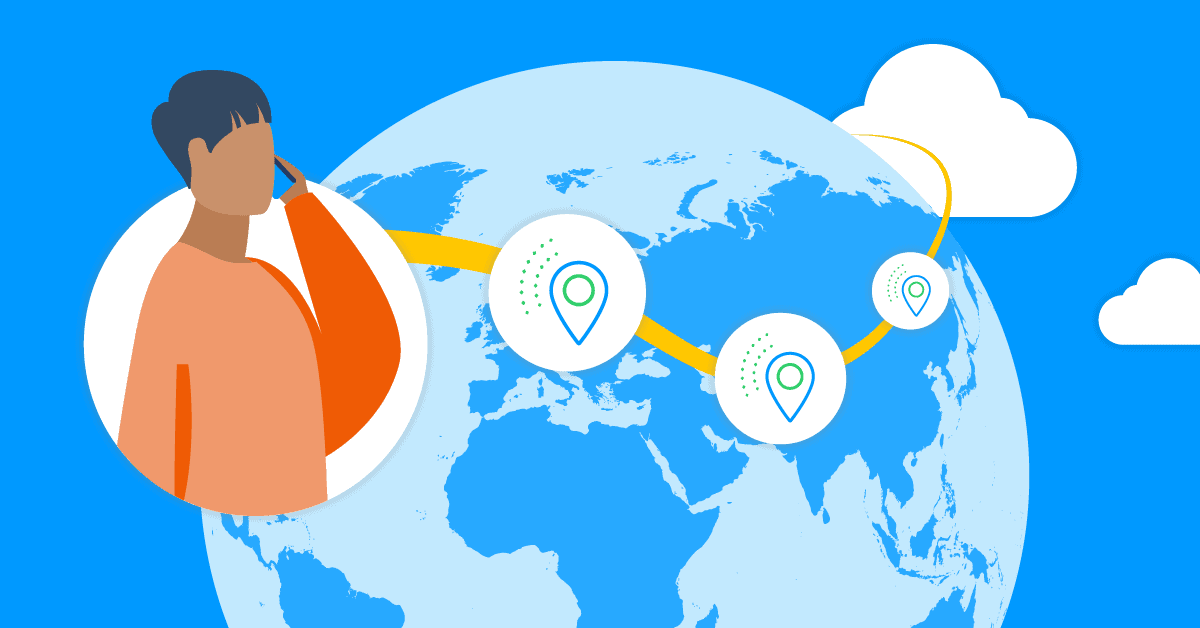
PSTN Replacement
Guide to Voice Termination Services
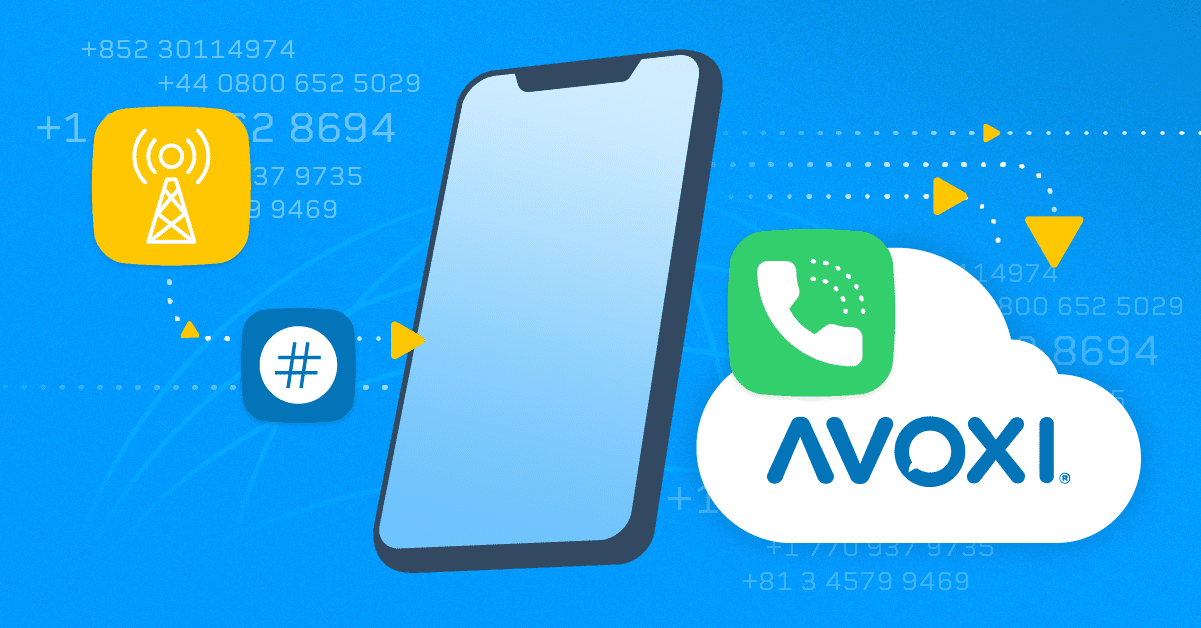
Retain Phone Number
International
Number Porting
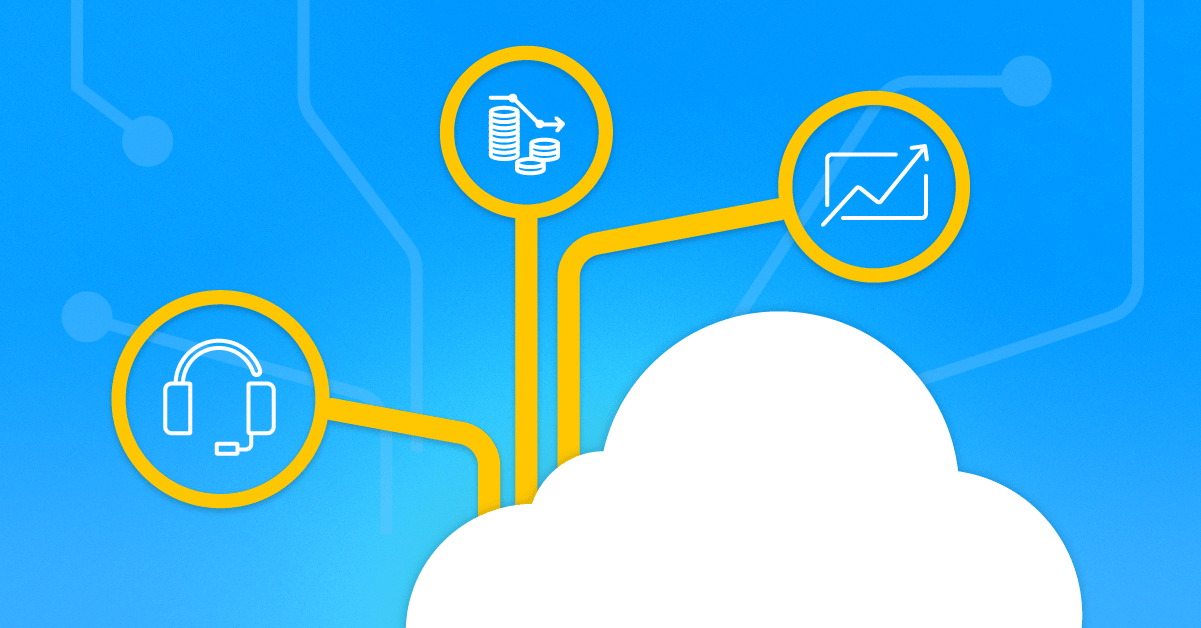
Virtual Phone Line
Benefits of
SIP Trunking

